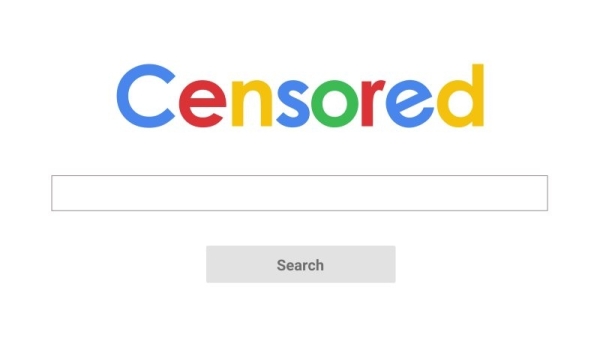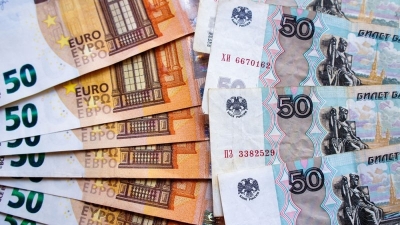Germany adopts strategy to prevent global online censorship, experts unsure

While the German government believes its international digital policy strategy, adopted on Wednesday (7 February), will foster bargaining power on the international stage while preserving democratic values and ensuring access to the internet without censorship, experts lament the lack of concrete measures.
The international digital strategy, first discussed with experts in the Bundestag’s Digital Committee last October, includes nine guiding principles: protecting human rights both online and offline, working towards a globally open and secure internet, supporting secure cross-border data traffic, shaping international standards, strengthening global digital infrastructure, intensifying partnerships with like-minded countries, mitigating risks in the technology supply chain, promoting innovation-friendly rules and using digitalisation to combat global challenges.
“The strategy now presented by the German government is a plea for democracy and freedom, prosperity, sustainability and resilience in the global digital age,” Volker Wissing, federal minister for Digital Affairs, explained.
While the news is largely welcomed, not all are entirely convinced it goes far enough.
“The bottom line is first and foremost a declaration of intent by the German government to continue its involvement in international digital policy and to pursue a coherent, joint approach across all ministries,” Christoph Tovar, Bitkom’s international and innovation policy officer, who also attended the expert meeting in October, told Euractiv.
“In any case, concrete new measures are still needed,” Tovar added.
Daniel Voelsen, a cybersecurity expert at the German Institute for International and Security Affairs (SWP), also considers the strategy lacking in priorities.
“Without a set of priorities, it will be difficult to actively influence and shape developments in international digital policy,” Voelsen told Euractiv.
Political power struggle
The new strategy also recognises that autocrats are using digital technologies to disrupt global order.
In October, experts expressed during the Bundestag’s Digital Committee that the United Nations is increasingly divided into liberal democracies and authoritarian regimes.
For example, the Cybercrime Convention was proposed by Russia in late 2017, and despite opposition from Western liberal democracies, it was adopted in November 2019, garnering support from other authoritarian regimes, including Belarus, China, North Korea, and Venezuela.
The currently ongoing concluding session, which will end on Friday (9 February), has so far not yielded any concrete results. Notably, the private sector and civil society consider the text seriously deficient while UN member states disagree on major parts of the draft, such as protecting personal data.
In December, the EU’s negotiating position was criticised for not representing European values and interests.
“In the past, however, the Federal Government has often acted too incoherently and hesitantly,” Tovar told Euractiv, adding that one of the key recommendations for the German government was a clear direction for the new strategy.
Voelsen suggested that the strategy could solve the incoherent approach by applying it during such negotiations.
“Besides the negotiations on the Global Digital Compact, which will begin in February, the negotiations on a “Cybercrime Convention”, which may now be heading towards a conclusion, are an opportunity to put the strategy into practice,” Voelsen told Euractiv.
Democratic values under attack
Authoritarian states are increasingly taking measures to conceal their own human rights violations, influence elections or censor disagreeable opinions, with the Washington-based NGO Freedom House reporting that global internet freedom worsened for the 13th consecutive year in 2023.
Part of this digital repression also includes AI, as authoritarian governments use machine learning to remove disagreeable comments as a method for information control and to strengthen their censorship systems.
To ensure that the global digital order has a voice for democracy and freedom, Germany sees itself, and Europe, as a shaper.
“Network blocking is an attack on human rights that we will not stand idly by,” Wissing explained.
To ensure a free and secure internet worldwide, Germany plans to strengthen its commitment in multilateral platforms, such as the International Telecommunication Union (ITU), Internet Governance Forum (IGF), United Nations Commission on Science and Technology for Development (CSTD), Internet Corporation for Assigned Names and Numbers (ICANN) and the Internet Engineering Task Force (IETF).
To achieve more bargaining power, the Digital Ministry aims to expand its bilateral digital dialogues with like-minded African countries further and is planning to create a post at the Permanent Mission to the United Nations in New York.
The ministry also announced that €1.5 million will be allocated for stakeholder participation as part of the strategy process in the 2024 budget.
Read more with Euractiv




